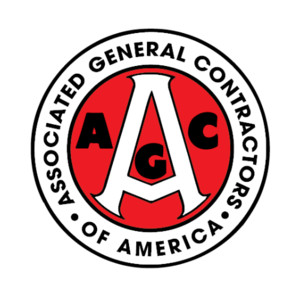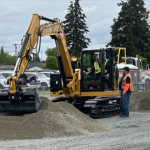A brief overview of the 2021 Legislative Session
 The 2021 session of the Washington Legislature recently came to a close, and with it, the passage of several controversial bills. If you haven’t had the time to keep up, we’ve compiled a brief list of the laws below. Here’s what you need to know:
The 2021 session of the Washington Legislature recently came to a close, and with it, the passage of several controversial bills. If you haven’t had the time to keep up, we’ve compiled a brief list of the laws below. Here’s what you need to know:
1.) Capital-gains tax – SB 5096. Though we strongly opposed the bill, Washington lawmakers were able to pass the state’s first-ever capital-gains tax. The bill contains language that prevents the tax from being repealed by voters through a referendum. It’s possible that the tax will be repealed by an initiative, but the process is more complex and time-consuming. Thankfully, the law is already being challenged in court. Many of its opponents believe a capital-gains tax is prohibited by the Washington state constitution. The bill passed the House on a 52-44 vote and the Senate on a 25-24 vote.
2.) Cap and trade program – E2SSB 5126. This bill aims to cap greenhouse gas emissions by businesses that are major carbon emitters. As written, the cap will slowly decrease over time. That means companies will have to shrink their emissions or purchase carbon allowances, a trade-off that supporters say encourages industries to invest in renewable energy sources. The revenue raised by the program will go toward a handful of proposed funds, including transportation projects and programs that help fund transitions to cleaner energy sources.
3.) Low carbon fuel standards (LCFS) – E3SHB 1091. We’ve opposed LCFS legislation for the past four years, but this year, the Democratic majority was able to overcome the opposition. Under this new law, the Department of Ecology will adopt rules establishing a Clean Fuels Program (CFP) to limit the aggregate, overall greenhouse-gas emissions per unit of transportation fuel energy to 20% below 2017 levels by 2035. The bill also requires the CFP to develop processes for registering, reporting and tracking compliance obligations and to establish bankable, tradable credits that will satisfy compliance obligations.
4.) Transportation Budget. Last, but certainly not least, was the passage of the 2021-2023 biennial transportation budget. The budget accounts for $11.8 billion in appropriation authority, including about $1 billion from the American Rescue Plan to fill funding gaps.
“This budget only keeps the lights on, and Washingtonians expect and need more than a transportation budget that merely keeps the lights on,” said Steve Hobbs, chair of the Washington State Senate Transportation Committee. “One-time federal money will keep us afloat for a bit, but to really address the multitude of needs that exist in communities throughout Washington, a transportation-revenue package must be passed.”
To learn more about each of these bills and their potential impact, visit our website by clicking here.








